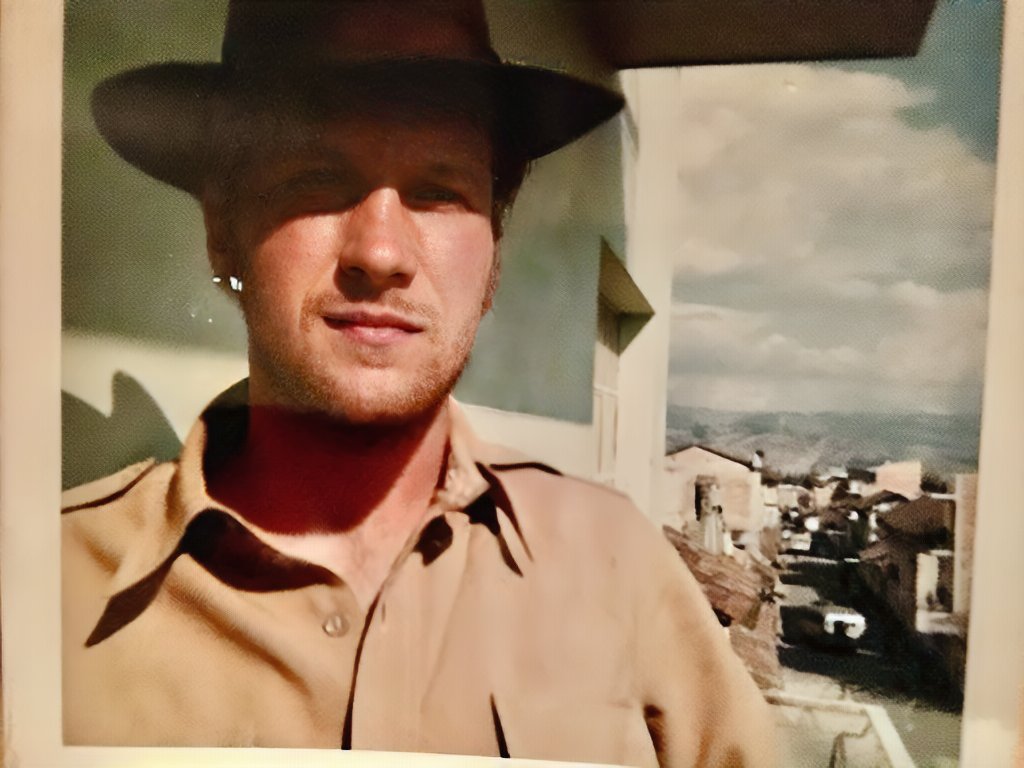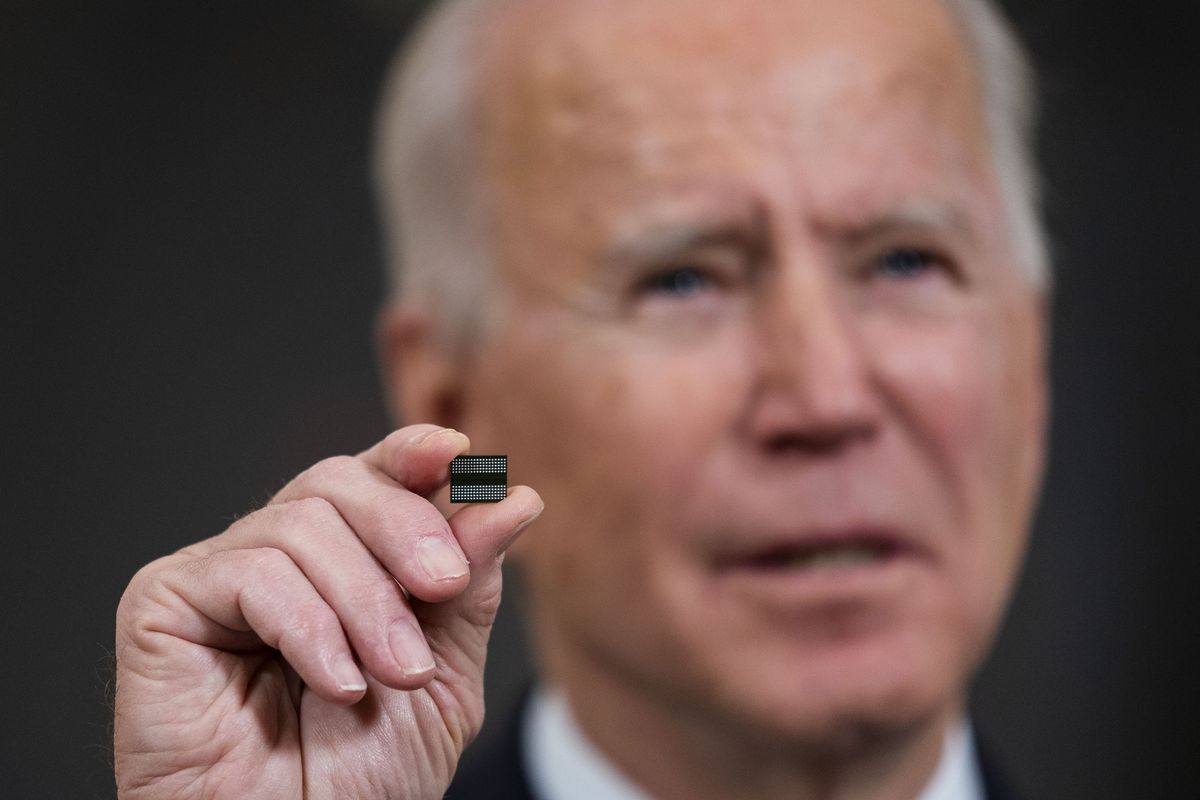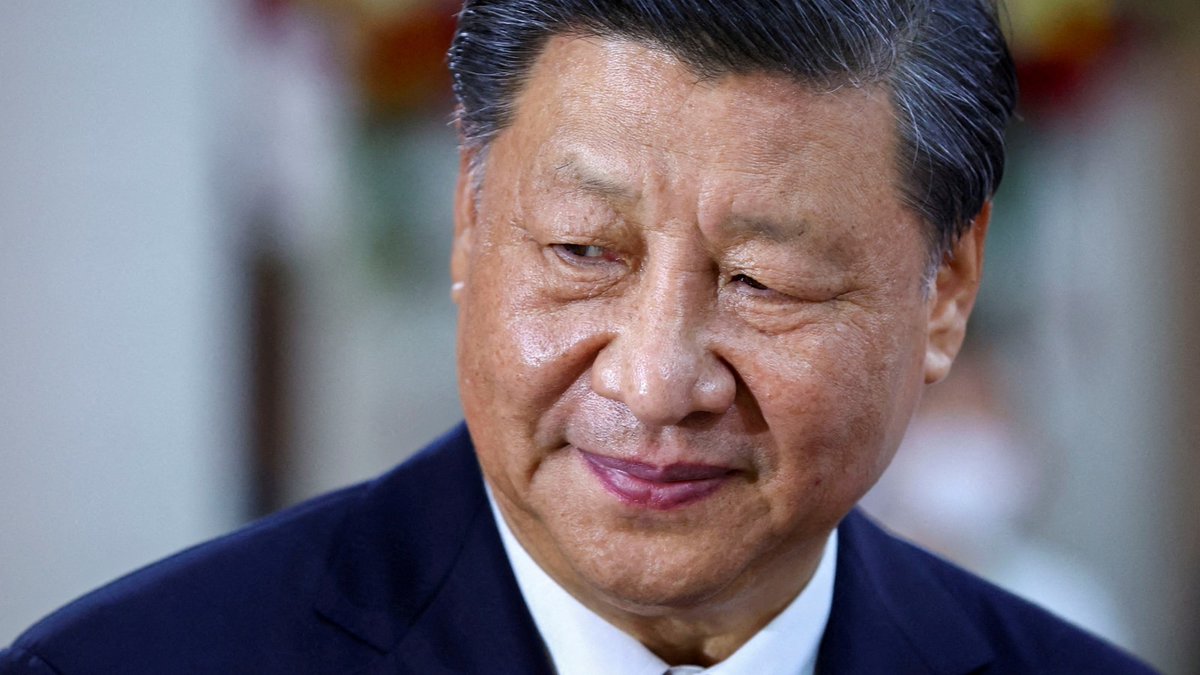
"Confessions of an Economic Hit Man, 3rd Edition" describes three waves of economic hitmen—highly paid professionals that use debt and fear to control natural resources in developing countries on behalf of American corporations.
I should know. I was an economic hitman.
I should know. I was an economic hitman.

The first wave began when I was getting started as an #economichitman in the 1970s. We focused on exploiting lower-income countries that had resources our corporations coveted, like oil. 

We convinced these countries to accept huge loans from the World Bank or one of its sister organizations and use the money to hire US companies to develop infrastructure projects in the countries. 

In the end, the countries could not repay the debt; so we demanded payment by allowing US companies to exploit their resources, without environmental or social regulations. 

The second wave took off after 9/11. Corruption at the top had become legitimized because corporate economic hitmen drafted the laws, and the politicians they financed passed them. Loyalty was to specific corporations rather than the US. 

People from all walks of life were caught in the “debt trap” of skyrocketing student loans, medical debt, predatory payday loans, and tax laws that subsidize the rich at everyone else’s expense. 

Besides the debt trap, one of their other specialties was passing laws that gave their corporations special subsidies, grants, and tax breaks. This second economic hitman wave was highly successful at ripping off the American tax-payer. 

The third wave began when Xi Jinping became China’s president in 2013. China’s economic hitmen learned from the success and failures of the first and second waves. 

It's relatively easy for China’s economic hitmen to convince leaders in Asia and Africa that by adopting China’s model, their country will be able to build the infrastructure that connects it to a vast trading network. They've demonstrated it. 

In less than a decade, China’s global takeover became so broad and successful that today it is the largest trading partner with countries on every continent. 

This third wave—China's optimized economic hitman strategy—has resulted in China beating out the US in energy, transportation, communications, and other infrastructure development around the world.
And it's just beginning.
And it's just beginning.

Want to know how it works and where it's headed?
I've distilled years of research that applies my experience as an "economic hitman" to prepare you for what's quickly becoming the defining geopolitical story of the century.
I've distilled years of research that applies my experience as an "economic hitman" to prepare you for what's quickly becoming the defining geopolitical story of the century.
Confessions of an Economic Hit Man (Third Edition) is out on Feb. 28th. Available for preorder now: johnperkins.org/economichitman…
• • •
Missing some Tweet in this thread? You can try to
force a refresh













